The Doctor at Almeida Theatre
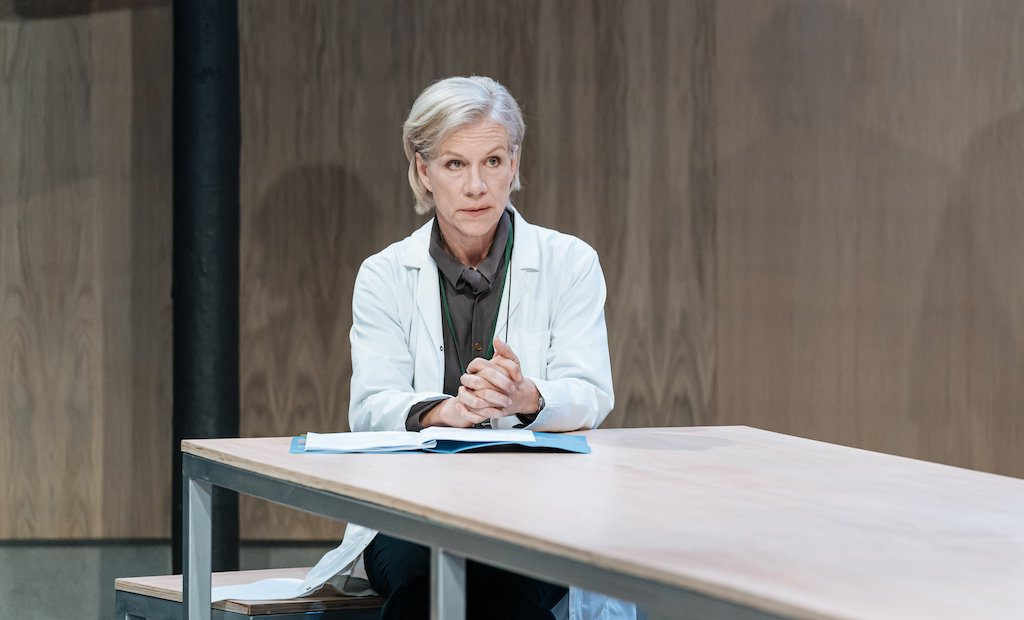
A 14-year-old girl is dying. Her parents, absent, send their Catholic priest to perform the last rites. The doctor refuses him entry, on grounds of patient-choice and the wish to preserve a peaceful end. The girl dies, and the doctor’s professional and personal life falls apart.
What begins as a debate about medical ethics and religion, soon explodes into a treatise on identity that attempts to cover not only the enormity of that subject, but crucifixion by the digital mob, apology culture, Alzheimer’s and the politics of healthcare. It is a kitchen sink approach that causes the play to buckle somewhat under the weight of its own contrivance, Robert Icke contorting his “free adaptation” of Arthur Schnitzler’s Professor Bernhardi this way and that so he can stuff it full of more and more topicality.
Through careful casting and uncomfortable plot manipulation, Icke attempts to strip away the visual signifiers of certain elements of identity, for example race and gender, while also placing an emphasis on those aspects that often remain hidden, like sexuality and religion. Layer on top indicators of profession – here the almost sacred vestment of the doctor’s coat, or the white hyphen of a dog collar – and you are presented with a checklist of all kinds of groups people are divided, and divide themselves, into.
The Doctor is trying to comment on the ways we choose our identities, the ones that are foisted upon us, those that rise to the top in our own minds and those that we fail to see in ourselves as well as others. And in doing so, it throws up a bevy of opposing ideas – some that feel like they are treated with more sincerity than others.
On one hand you have a passionate speech about the tyranny of “biographical nonsense”, about who can treat who (and, maybe by extension, who can write about what). On the other, you have a television debate where panellists representing postcolonial discourse and unconscious bias provoke audience titters for asserting their status as a black woman and using the word woke respectively. Even complaining about the latter issue feels like a trap laid by the production, as if it thinks it has inoculated itself against that very criticism.
And then again, maybe that’s unfair. For there is also a meticulousness to the way Icke works through the various arguments surrounding identity. And it’s hard to ignore the impact of the wonderous Juliet Stevenson on any conflicted feelings about the narrative. The complexity of Professor Ruth Wolff – a woman who fatally sees herself as her profession above all else – is found in a stern kind of love, an insistence on excellence, a hard façade that rarely breaks. She, at times when Icke starts to falter, is who steadies the ship and keeps The Doctor’s heart beating.
Connor Campbell
The Doctor is at Almeida Theatre from 12th August until 28th September 2019. For further information or to book visit the theatre’s website here.

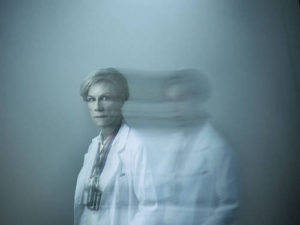

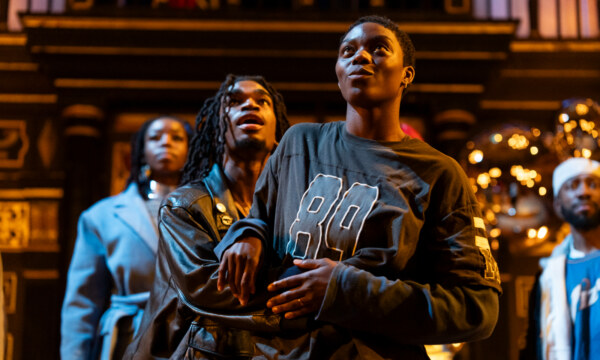

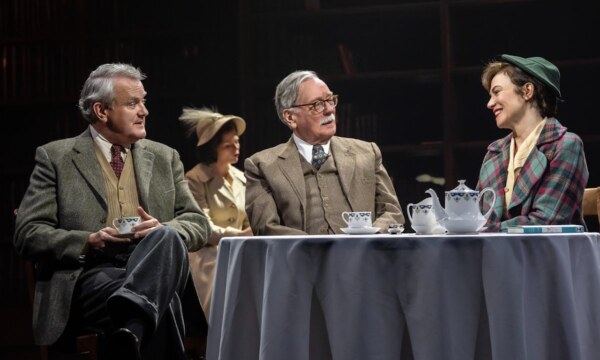



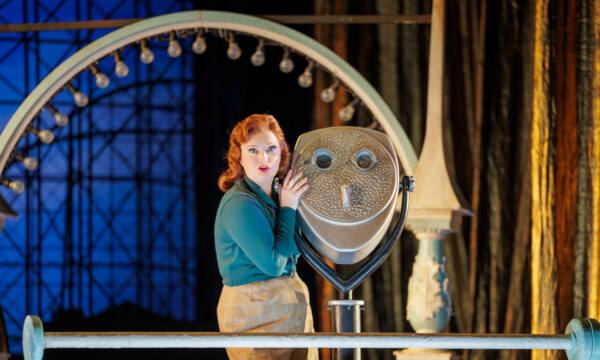
















Facebook
Twitter
Instagram
YouTube
RSS